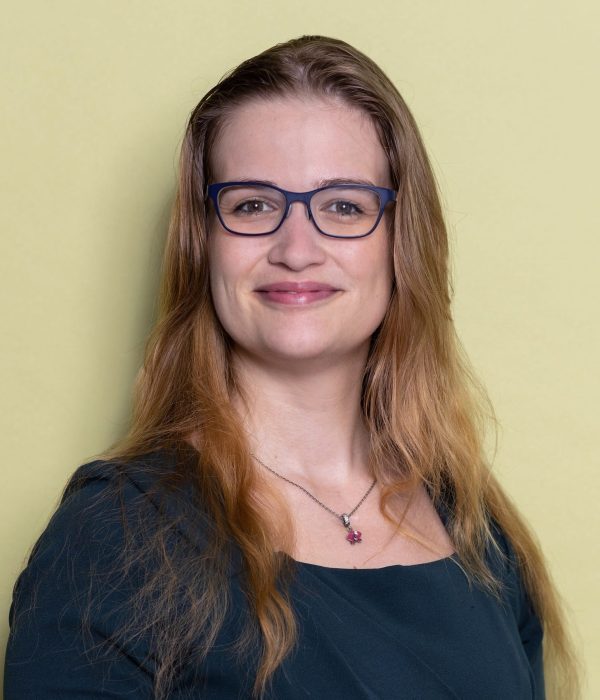How can artists, dancers and cultural organizations not only excel artistically, but also operate with solid business skills in a safe environment? That is the core question at Cultuur+Ondernemen. As a knowledge platform and financier, they support the cultural and creative sector with advice, training and tailored loans.
We spoke with Djoeke Gerding, Governance Advisor at Cultuur+Ondernemen. In her daily work she deals with questions around governance and supervision – from artists looking to establish their first foundation, to board members who want to strengthen social safety in their organizations.
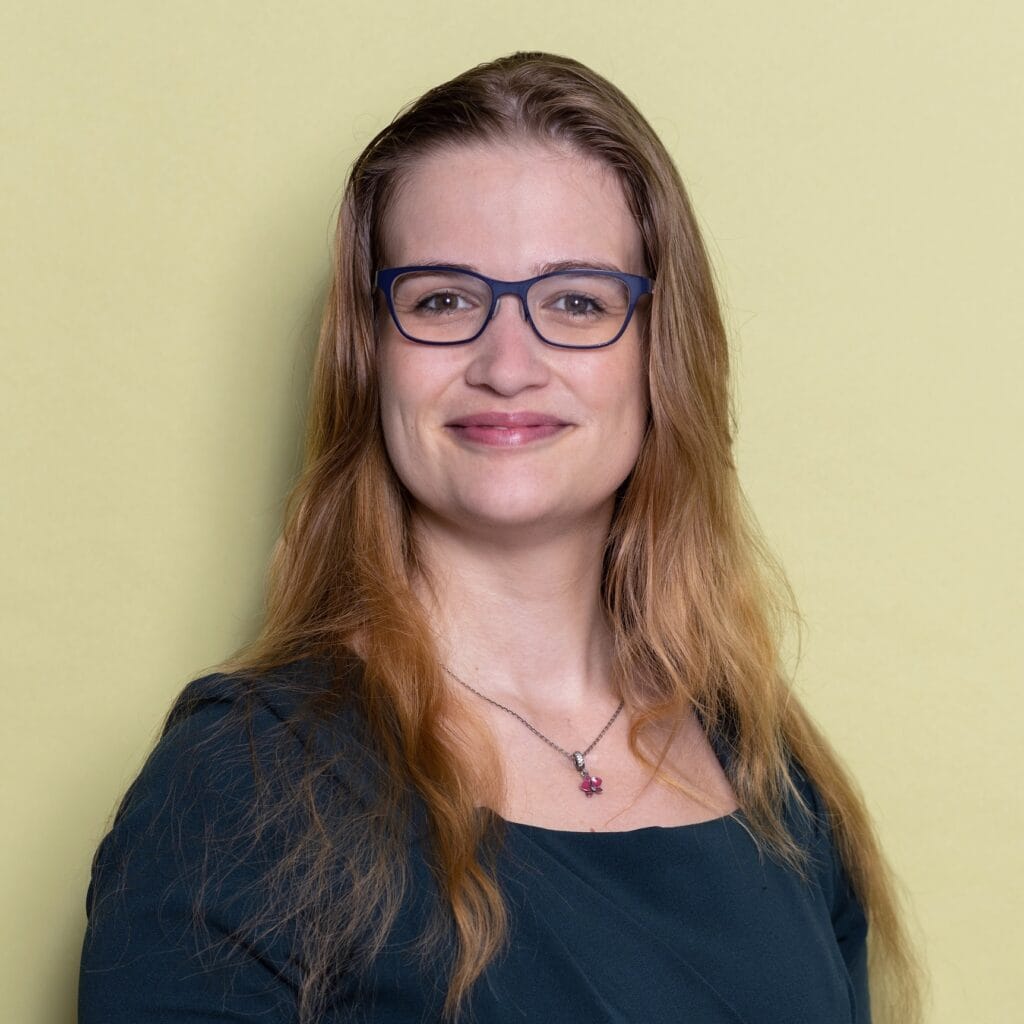
“Social safety isn’t a trend, it’s a necessity.”
Photo: Els Zweerink
A career at the crossroads of culture and governance
Djoeke started her career in a cultural publishing house, where she worked on Dutch dance magazines.
“My job was to make sure these organizations could keep going. I was responsible for advertising sales and spoke with many cultural organizations. I often wondered: how are decisions made here? And why in this way?”
Her curiosity eventually led her to pursue a master’s degree in cultural management, focusing on governance and policy within the cultural sector. From there, she joined Cultuur+Ondernemen.
What inspires her most in her work is the sheer variety.
“One day I might be helping a dancer set up a foundation in order to qualify for subsidies, the next I’ll be talking to a museum about sponsorships or advising a music venue on municipal requirements. The beauty of this work is that it’s never boring – you’re always learning something new.”
The role of Cultuur+Ondernemen
Cultuur+Ondernemen sits at the heart of the cultural and creative sector, helping makers and organizations turn their ambitions into reality. Their work is not only about artistic content, but also about the essential conditions needed to work sustainably and safely. Their approach is built around three pillars:
- Governance and supervision – advice and training for directors and board members to ensure good and safe governance.
- Business development – support with strategic planning, fundraising, collaboration and strengthening entrepreneurship.
- Financing – guidance on financial issues, plus the provision of cultural loans.
By combining these three areas, Cultuur+Ondernemen can respond to the wide variety of questions raised by makers and organizations.
“We were probably the only cultural organization hiring staff during COVID.”
The impact of their role became especially clear during the COVID pandemic, when most cultural institutions were forced to shut down.
“As soon as makers were ready to restart their activities, they found that banks couldn’t support them. We therefore set up and provided additional loans. We had always offered loans, but suddenly demand grew fifteen-fold. We were probably the only cultural organization that actually had to hire extra colleagues during COVID – which shows just how great the demand was.”
Who turns to Cultuur+Ondernemen?
The target group is broad: cultural organizations, individual artists, but also board members and supervisors.
“They come to us with all kinds of questions: How do I set up a foundation? How do I increase my visibility? How do I finance my project? But also: how do I deal with conflicts of interest, and how do I ensure social safety in my organization? For all these questions, Cultuur+Ondernemen provides knowledge, practical tools, and referrals to the right experts,” Djoeke explains.
Relevance for the dance sector
Cultuur+Ondernemen’s services are for the entire cultural field – and that includes dance.
“This might mean a dance company negotiating a major sponsorship deal and asking what to look out for, or a board member who wants to know how to safeguard social safety. Individual dancers and dance schools are also welcome to contact us,” says Djoeke.
The organization also hosts training sessions, workshops and conferences. Social safety is a recurring theme.
“These sessions always fill up quickly. We want participants to be able to bring in their own cases, which is why we deliberately keep the groups to about fifteen people.”
Social safety: not a trend, but a necessity
For Djoeke, social safety is about how organizations are structured.
“Sometimes there is a confidential advisor, but no one knows who that is. Or the advisor is only available for employees, while most people are freelancers, interns or auditioning dancers. In that case, the system simply doesn’t work.”
“At the start of every dance project you should be discussing: what do we mean by inappropriate behavior, how will we handle it, and how do we hold each other accountable?”
In the dance sector this requires extra attention. “Dancers often work in short-term projects with constantly changing groups. At the start of each project, it’s best to discuss openly: what do we consider unacceptable behavior, how do we respond, and how do we speak up? That’s very different from, say, a museum, where you usually work with the same team all year.
“More reports often mean the system is actually working better.”
A lot has been changing in recent years. “Some people think things are getting worse because we hear more reports. But in fact, more reports often mean the system is functioning better – people know how to find the confidential advisor. That’s a good sign. What you want to see next, of course, is the number of incidents going down. Visibility and accessibility of procedures are crucial: everyone needs to know where to go and who they can turn to.”
What is needed to strengthen social safety?
“An important point is the role of supervisory boards,” Djoeke emphasizes.
“Leaders in cultural organizations are usually evaluated on artistic quality, visitor numbers and finances. Social safety comes only afterwards. If we start formally assessing directors and leaders on social safety too, it can make a big difference. It’s not as easy to measure as numbers, but that doesn’t make it any less important.”
Advice for dancers and new freelancers
“Take good care of yourself – also on the business side,” Djoeke advises.
She encourages dancers to understand the organizations they work with.
“Try to learn how the organization is structured. Who gets to decide what, and why? If you understand that, you can better assess what influence you might have yourself.”
| Discover what Cultuur+Ondernemen can do for you Cultuur+Ondernemen offers several accessible ways for makers and organizations to gain knowledge and get support: • Free consultation: once a year you can book an orientation meeting with an advisor to ask all your questions. • Knowledge base: practical guides, step-by-step plans and resources, for example on how to draw up an annual report. • Newsletter: sign up to receive tips, updates on current topics and inspiring examples directly in your inbox. |
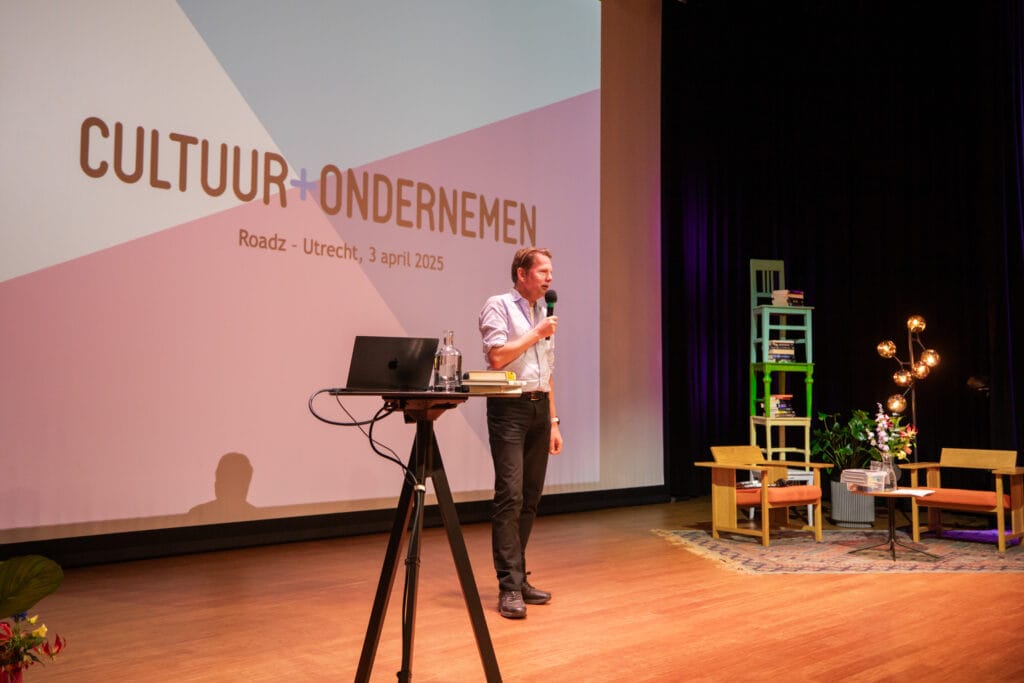
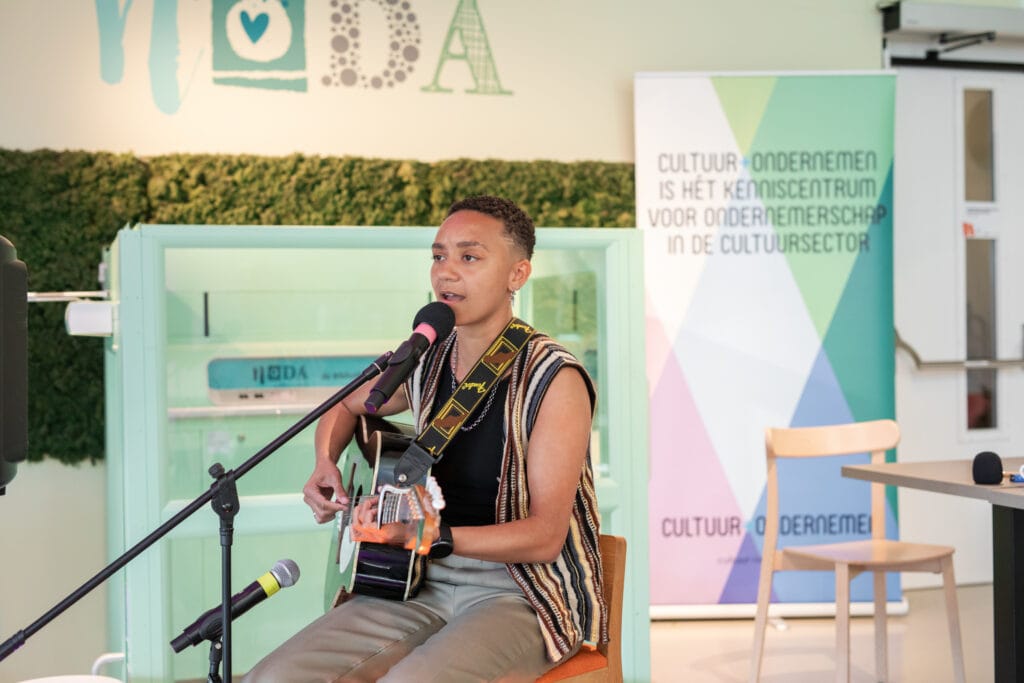
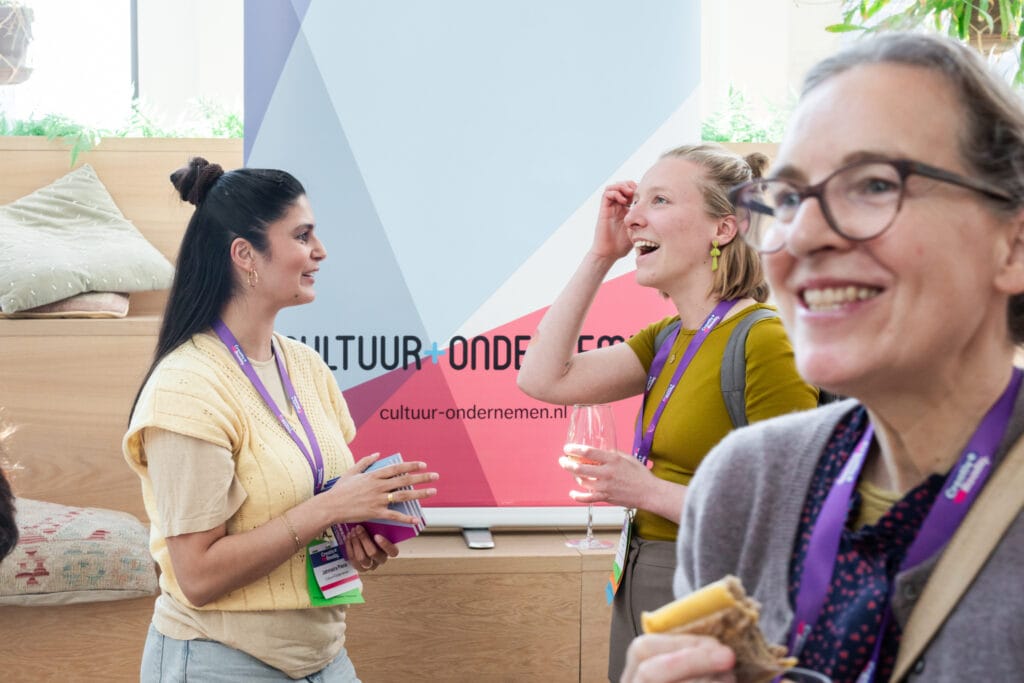
Photo’s: Melanie Marsman, CreativeRoadz
